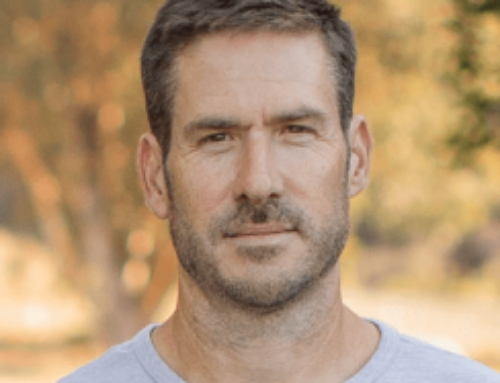A federal judge dismissed the most serious charges against United Wholesale Mortgage in a racketeering lawsuit which arose from an explosive media report last spring.
U.S. District Judge Brandy R. McMillion this week tossed all but two claims against the megalender which borrowers suggested improperly steered them to higher cost loans. The class action case, which invoked accusations typically levied against organized crime syndicates, argued that UWM holds brokers captive in curbing wholesale competition and overcharging borrowers.
The lawsuit originated last April from the first-ever report by Hunterbrook which published a lengthy probe into UWM’s practices. The newsroom’s hedge-fund parent at that time also publicly announced a short position in UWM and long position in rival Rocket Cos.
An amended 249-page lawsuit by UWM borrowers accused the lender of violating the Racketeer Influenced and Corrupt Organizations Act, as well as the Real Estate Settlement Procedures Act and other state consumer protection laws. McMillion only left intact two Real Estate Settlement and Procedures Act and consumer protection law claims against three individuals.
The Pontiac, Michigan-based company celebrated the ruling in a statement Friday.
“This decision confirms the entire case is nearly resolved in our favor and underscores that there was no merit from the start to the allegations,” read the statement. “We are confident the remaining claims will also be resolved in our favor.”
Attorneys for the named plaintiffs didn’t respond to requests for comment Friday.
Why a judge sided with the lender over borrowers
The case drew on findings in the Hunterbrook report, which found over 8,000 independent brokers sending 99% or more of their loans to UWM. The “corrupt UWM loyalist” brokers were sending loans to the wholesale giant regardless of the comparative costs, therefore allegedly violating their fiduciary duty to home buyers.
UWM immediately slammed the lawsuit, and criticized the media outlet’s relationship with the hedge fund, accusing them of sensationalizing public information to manipulate the stock market.
In the 87-page opinion and order filed Monday, the judge found plaintiffs had met a few of the elements needed for the RICO counts but still fell short of meeting legal requirements.
“But here, the Plaintiffs have not sufficiently alleged intent because the underlying fraudulent acts focus on the brokers’ conduct, not UWM,” wrote McMillion, who did not place culpability on brokers either.
The borrowers also did not suggest UWM intentionally defrauded plaintiffs into their alleged higher cost loans. McMillion also cited UWM’s victories in litigation related to its “All-In” ultimatum, stating courts have already upheld the legitimacy of its wholesale broker agreement and that it wasn’t a focus of this case.
“Nothing in the broker agreement … explains that brokers are prohibited from shopping lenders (other than Rocket or Fairway) or that they are required to exclusively offer UWM loans,” wrote McMillion. “And that is telling for the court.”
McMillion further explained rationale for dismissing most of the RESPA claims, aiding and abetting claims and other alleged violations of consumer protection laws. She also dismissed the cases against UWM’s holding company and President and CEO Mat Ishbia.
What happens next?
Most of the dismissals were made with prejudice, meaning they cannot be refiled. No further hearings nor deadlines were scheduled in the court docket as of Friday afternoon.
Hunterbrook has not posted any updates regarding UWM. A Hunterbrook link where consumers can look up their broker to see if they were “ripped off” via the purported scheme remains online. The outlet has continued to publish lengthy investigations of various financial firms, including a probe this week of a national homebuilder.
UWM still faces other legal challenges, including accusations of predatory lending by the Ohio attorney general. That lawsuit also accuses UWM of scheming with loyalist brokers to dupe customers.
A federal judge remanded that lawsuit to a state court in September, a move which UWM appealed to keep in a federal forum. The court this week also rejected UWM’s motion to pause the proceedings while its appeal is underway; the lender declined to comment on the case Friday.

